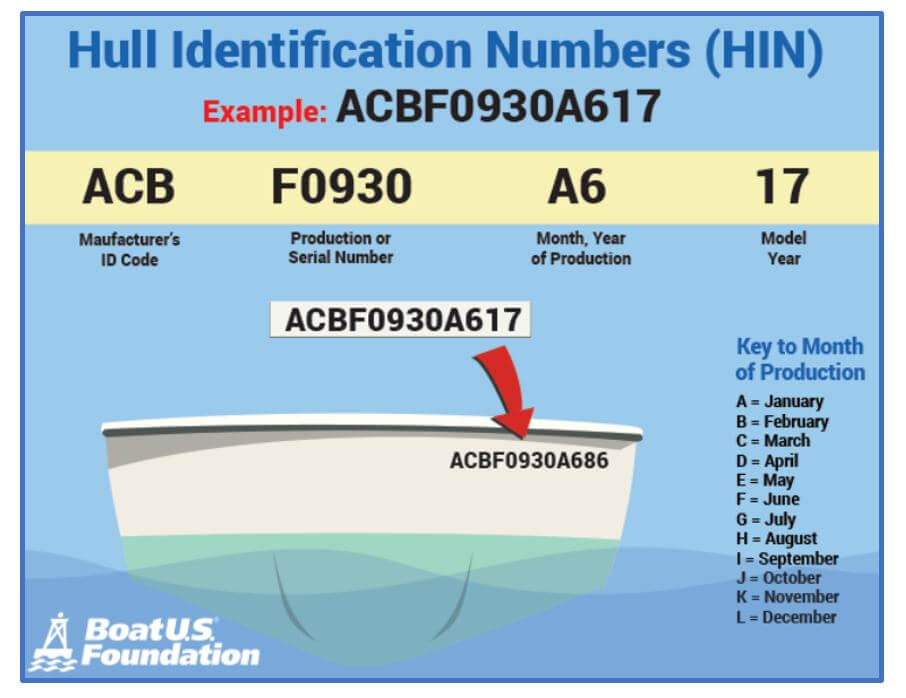As of June 1, 2018, Alabama Act 2018-179 established a formal statewide program, administered through the Alabama State Law Enforcement Agency (ALEA), to address abandoned or derelict vessels (ADVs). There are also non-governmental organizations that are involved with the removal and disposal of ADVs, including the Dog River Clearwater Revival, which has worked with Sea Grant and the NOAA Marine Debris Program to remove vessels from the state’s waterways.
Funding
The Alabama Abandoned and Derelict Vessel Fund, established June 2018 and managed by the Secretary of ALEA, is for payment of the seizure, removal, transportation, preservation, storage, advertisement, appraisal, and disposal of a derelict vessel.
Legislative Overview
Effective June 1, 2018, Act 2018-179, relating to derelict and abandoned vessels, authorizes the removal of a vessel from the waters of this state under certain conditions by a law enforcement officer or a private property owner. Vessels that are found adrift are covered under §35-13-1, Code of Ala. 1975, which states that any person may take up and secure “all property adrift.” In addition, Alabama has laws that make it unlawful to place a “dangerous vessel” in a harbor in the state. Under §33-1-33, Code of Ala. 1975, any owner or agency in control of a vessel that is anchored, moored, or made fast to the shore illegally, or is liable to sink or pollute, or deemed to be derelict, can be charged with a fine if they fail to remove it.
Point of Contact
- ALEA has authority to take possession of and dispose of an abandoned or derelict vessel.
- The Alabama State Port Authority has jurisdiction over the state’s ports and administers the laws under Title 33 – Navigation.
- The Department of Conservation and Natural Resources has authority to enforce mooring restrictions on state-owned bottom lands through the Marine Patrol.
Please see the link below for additional vessel information:
https://marinedebris.noaa.gov/sites/default/files/ADV-Docs/ALABAMA_ADV_Legal_Review_revised2018ccw_NOAA_MDP.pdf
